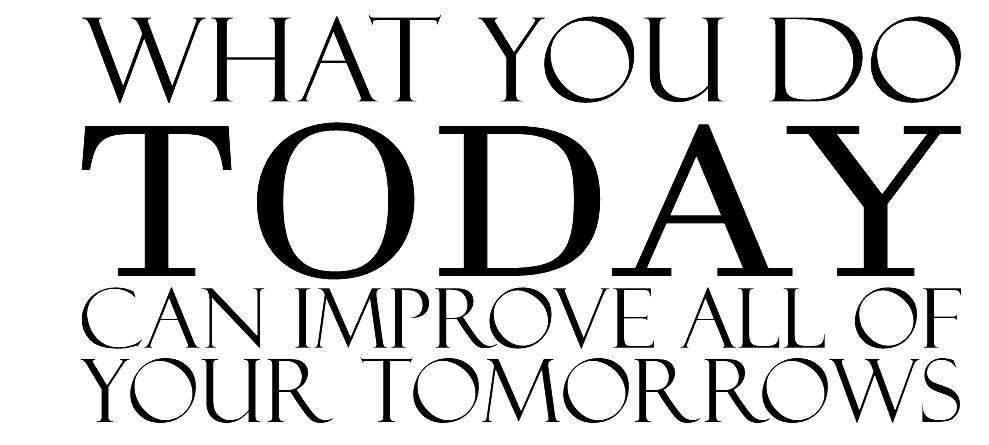Learn about the warning signs of a substance or behaviour relapse. Relapse can be a slow process that can begin long before the person actually uses. How to be prepared to recognize early warning signs of relapse can be a key to combatting relapses in the future and to ensure that you have the best support and guidance before or after a relapse has occurred. At the end of the day, stuff happens, pick yourself up and dust yourself off and try again with each relapse grow a bit stronger, grow a bit wiser and grow to be more resilient. Something triggered you long before the act and understanding what that was, is the key. The guilt and shame are natural emotions but you will find that people will understand and support you, so keep trying.
A relapse can happen suddenly or it can be planned.
Look out for these telltale signs:
- Sudden, fond memories of substances
- Excessive withdrawal, brooding, sulking
- The revival of “old” friendship circles
- Sudden attitude changes, mood flare-ups
- Loss of interest in hobbies and activities
- Frequent excuses to avoid appointments
- Secretive behaviour, changes in routines
- Sudden insistence on privacy, freedom
- Signs of physical withdrawal symptoms
- Signs of abusive substances or devices
- Signs of physical self-harm
What to do if you see signs of relapse:
- Do not assume that relapse is involved
- Keep a wary eye and note the pattern
- If the situation deteriorates, discuss it
- Approach them in a calm, caring way
- Avoid accusations, blaming, judgments
- Express your concern and ask for answers
- If you are dismissed, approach a therapist
- Discuss the situation with the therapist
- Follow the advice of the therapist
- Try to get the person to see the therapist
- If the signs worsen, arrange an intervention
- In intervention, insist on seeing a therapist
- If suicide seems probable, get a court order
- Have the person re-admitted for treatment
As with any other type of health-related relapse, it may be necessary to re-admit a person for further treatment or guidance when it happens. For various reasons, most patients respond better with follow-up treatment sessions. Finding a good quality outpatient programme or registered therapist in your area can make a significant difference to avoiding relapses and building a life without addictions. Remember that “Relapse” is just a word.
Tony Robbins once said, “There is no such thing as failure. There are only results.” It’s time to stop beating yourself up and start realizing that everything you do is a success or a learning experience.

Your Relapse Recovery Centre in Johannesburg
Recovery Direct’s treatment continuum has been developed through the leading evidence-based insights and the latest psychological developments in longterm personal growth and recovery and not on outdated ideology. Feel free to contact Recovery Direct executive recovery centre for guidance on how to help prevent future relapse events or read our guide on how to help people in recovery.







